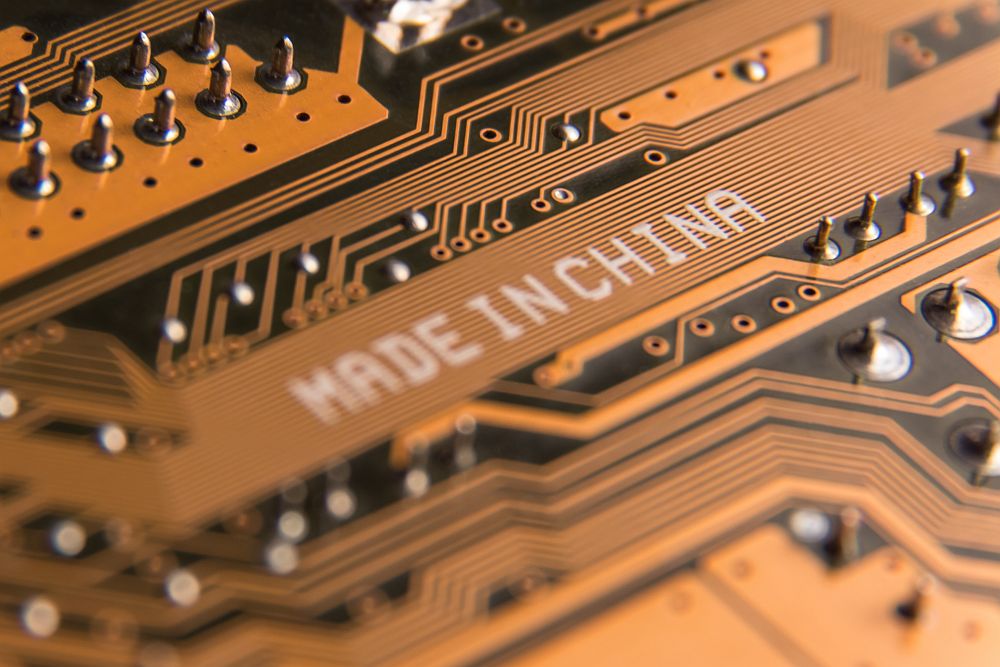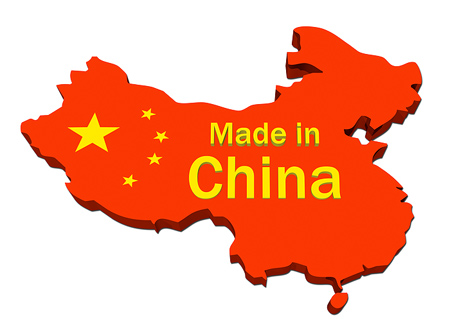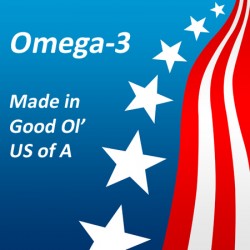A true story that might surprise you.
Disclaimer: Our Legal Department asked me to leave out names of all people and corporations.
(That should tell you something!)
Regular readers know that I’ve been working with fish oil for over two decades.
Before OmegaVia, I worked for a few large corporations that marketed fish oil. And this is a chapter from those years.
The Meeting That Started It All
During a work meeting, a senior executive came up with an idea for a new product: 100% American, MADE IN USA Fish Oil.
At first, the room was quiet. After all, no one wants to be the first to disagree with the boss. Or laugh at his idea.
MADE IN AMERICA!
Someone in the room finally said, “What do you mean, ‘Made in America?’”
“I mean, create a fish oil product that is 100% made in America! You know, because a lot of fish oil pills are made in China or have Chinese ingredients. Instead of the Chinese crap that most retailers sell, let’s make and sell high quality American fish oil,” explained the boss man.
He continued, “Sure, it’ll be more expensive, but it’s better quality. So people will pay more for quality. People get a better product and we make more money! It’s a win-win!”
It was hard to disagree.
Better quality is good. More money is good. Agreeing with your boss is certainly good.
So, as the guy in charge of developing new products, it was my job to come up with the product. It was my job to find out where to buy good quality American fish oil, to find American bottles and American caps.
| A little history for perspective: |
| About 15 years ago, the Chinese Ministry of Commerce urged (read subsidized) Chinese Vitamin C makers to drastically drop their prices from $20/Kilo to about $5/kilo.
American Vitamin C makers could not compete at $5 per kilo. They all went belly up. One by one. I remember being forced to buy Chinese Vitamin C. They had the market cornered. After that, the Chinese jacked up prices to near-original levels. There is a big lawsuit afoot and the Chinese have admitted to this charming practice. |
So making an All-American product is not as easy as it sounds. Fortunately, the Chinese don’t have a monopoly on fish oil.
I worked with graphic artists to come up with a label design that had a lot of red, white and blue. Lots of flags and bald eagles.
The finished product looked like a presidential election headquarters in a bottle!
And yes, as we’d guessed, it was more expensive than similar Chinese-made fish oil products on store shelves.
The Pitch
A month or so later, a half dozen of us got on a plane and flew to meet with the vitamin buyer at a large retailer. It’s the process – salesmen go the retailer’s headquarters and pitch the buyer on their new product.
This was going to be a store brand ‘private label’ product. We were going to make this product and sell it under the retailer’s store brand.
We were excited because we thought we were clever.
Great idea. Great product. It’s 100% Made in USA. We were proud and patriotic.
We predicted the buyer would want 500,000 bottles a year and that meant several millions of dollars of revenue. Wow!
We’d all get big bonuses! The boss man that came up with the idea could easily buy a Mercedes with his bonus. He could barely contain himself.
But we were wrong.
Very wrong.
Nobody expected what came next.
Sitting across the table from us was the buyer. A pleasant, jovial guy. The kinda fella you’d want to invite over for barbeque.
“I really, really like this MADE IN AMERICA Fish Oil product idea,” he said after we explained the concept to him.
And then he paused.
“But I can’t do it. I won’t. It’s too risky,” he continued.
“What do you mean, ‘too risky’?, asked my boss.
“Right now, we sell billions of fish oils pills every year. And my customers come in to my stores and buy it thinking they are buying American product.”
‘They think they’re buying American product’
“But if we introduce your ‘MADE IN AMERICA Fish Oil,’ you’ll scare my existing customers. You’ll put doubt in their minds about where their fish oil really comes from. They think they’re buying American product. Right or wrong, they’re buying. Customers may stop buying if they think they were getting Chinese fish oil,” the buyer explained.
Hmmm. We hadn’t thought of it that way.
“I can’t have that kind of fear and doubt. It’ll hurt my existing Omega-3 business and I can’t afford to rock the boat,” he said.
The buyer would not change his mind.
Not even a little bit.
There was not much else to say.
With that, the meeting was over.
And we all flew home quietly.
That product idea was put on the shelf. And never pitched to any other retailers.





comments 0 comments